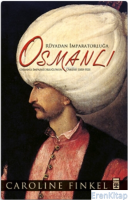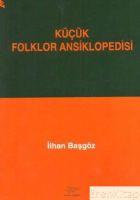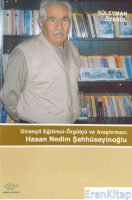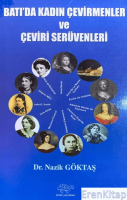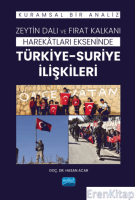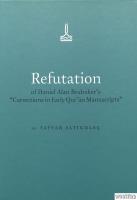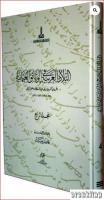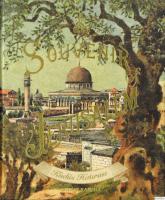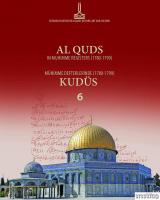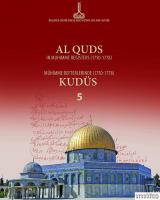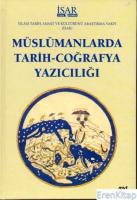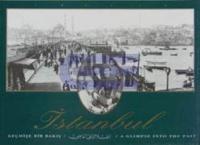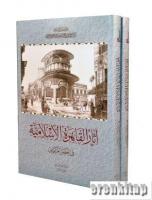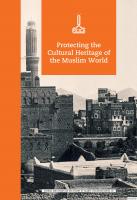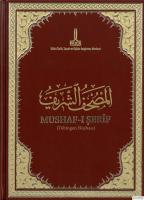Ottoman Waqfs in the Balkans : Waqf Deeds, Greece 1 - 5 volumes
Liste Fiyatı :
13.046,80 TL
9789290633129
13256619
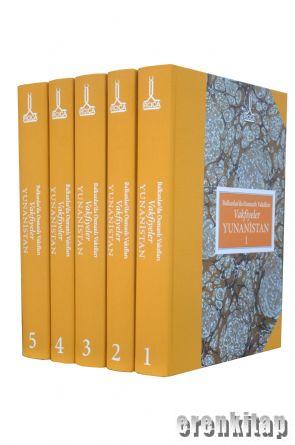
https://www.eren.com.tr/kitap/ottoman-waqfs-in-the-balkans-waqf-deeds-greece-1-5-volumes-p13256619.html
Ottoman Waqfs in the Balkans : Waqf Deeds, Greece 1 - 5 volumes
13046.8
IRCICA has a research project on the history and heritage of the waqf institution, which is known to have originated in the Muslim world. In this project the Centre collects the original sources on waqfs such as the establishment deeds, documents resulting from their operations and if any, reports on their functions; studies them and makes them available for researchers. Special consideration is given to the waqfs which are at present located outside the OIC member countries, in particular those addressing the Muslim communities and minorities. The project started with a focus on the waqfs dating from the Ottoman period in the Balkan countries. The series titled Ottoman Waqfs in the Balkans was launched with the threevolume first book Ottoman Waqfs in the Balkans: Waqf Deeds, Bulgaria in 2012. The second stage of the project covered the waqfs whch were established in Greece. The resulting five-volume book comprises the lists, texts and transliterations of 487 waqf deeds belonging to waqfs established in 54 townships and villages between the years 1427-1912. The documents were collected from the archives of the General Directorate of Waqfs of Turkey, the Turkish Prime Ministry's Ottoman Archives, and the archives of Topkapı Palace, Istanbul. Information collated about the waqfs on the basis of their deeds, i.e. founding documents is presented systematically in Balkanlarda Osmanlı Vakıfları: Vakfiyeler, Yunanistan (Ottoman Waqfs in the Balkans: Waqf Deeds, Greece) Ed. Halit Eren; Prepared by Halit Eren, Mustafa Oğuz, Zekai Mete, 5 volumes, IRCICA, Istanbul, 2017 (texts in Arabic, English, Turkish) reader-friendly tables in what constitutes a full record of the waqfs indicating the date of the deed, identity(ies) of its founder(s), donations registered, its purpose, objectives and activities, rituals and rules of conduct, people who worked for the waqf, revenue items, beneficiaries, etc. The waqfs are arranged according to the names of the townships. Tables are added with such data and information as the numbers of waqfs according to townships, types of charities, statuses and titles of the waqf founders, the types of tradesmen operating in the waqf shops, among others. An important feature of the book is its comprehensive Index.
- Açıklama
- IRCICA has a research project on the history and heritage of the waqf institution, which is known to have originated in the Muslim world. In this project the Centre collects the original sources on waqfs such as the establishment deeds, documents resulting from their operations and if any, reports on their functions; studies them and makes them available for researchers. Special consideration is given to the waqfs which are at present located outside the OIC member countries, in particular those addressing the Muslim communities and minorities. The project started with a focus on the waqfs dating from the Ottoman period in the Balkan countries. The series titled Ottoman Waqfs in the Balkans was launched with the threevolume first book Ottoman Waqfs in the Balkans: Waqf Deeds, Bulgaria in 2012. The second stage of the project covered the waqfs whch were established in Greece. The resulting five-volume book comprises the lists, texts and transliterations of 487 waqf deeds belonging to waqfs established in 54 townships and villages between the years 1427-1912. The documents were collected from the archives of the General Directorate of Waqfs of Turkey, the Turkish Prime Ministry's Ottoman Archives, and the archives of Topkapı Palace, Istanbul. Information collated about the waqfs on the basis of their deeds, i.e. founding documents is presented systematically in Balkanlarda Osmanlı Vakıfları: Vakfiyeler, Yunanistan (Ottoman Waqfs in the Balkans: Waqf Deeds, Greece) Ed. Halit Eren; Prepared by Halit Eren, Mustafa Oğuz, Zekai Mete, 5 volumes, IRCICA, Istanbul, 2017 (texts in Arabic, English, Turkish) reader-friendly tables in what constitutes a full record of the waqfs indicating the date of the deed, identity(ies) of its founder(s), donations registered, its purpose, objectives and activities, rituals and rules of conduct, people who worked for the waqf, revenue items, beneficiaries, etc. The waqfs are arranged according to the names of the townships. Tables are added with such data and information as the numbers of waqfs according to townships, types of charities, statuses and titles of the waqf founders, the types of tradesmen operating in the waqf shops, among others. An important feature of the book is its comprehensive Index.Stok Kodu:9789290633129Sayfa Sayısı:CXXXII, 37Basım Yeri:İstanbulBasım Tarihi:2017Kapak Türü:CiltliKağıt Türü:1. hamurDili:Arabic, English, Turkish
- Yorumlar
- Yorum yazBu kitabı henüz kimse eleştirmemiş.
- Yeni Gelenler



![Rüyadan İmparatorluğa Osmanlı [İlk Baskı] Rüyadan İmparatorluğa Osmanlı [İlk Baskı]](/u/eren/img/a/r/u/ruyadan-imparatorluga-osmanli-fleksi-ciltd2d2a4af6cfb52fc12c7d0a7ffa460af-13717375.png)
